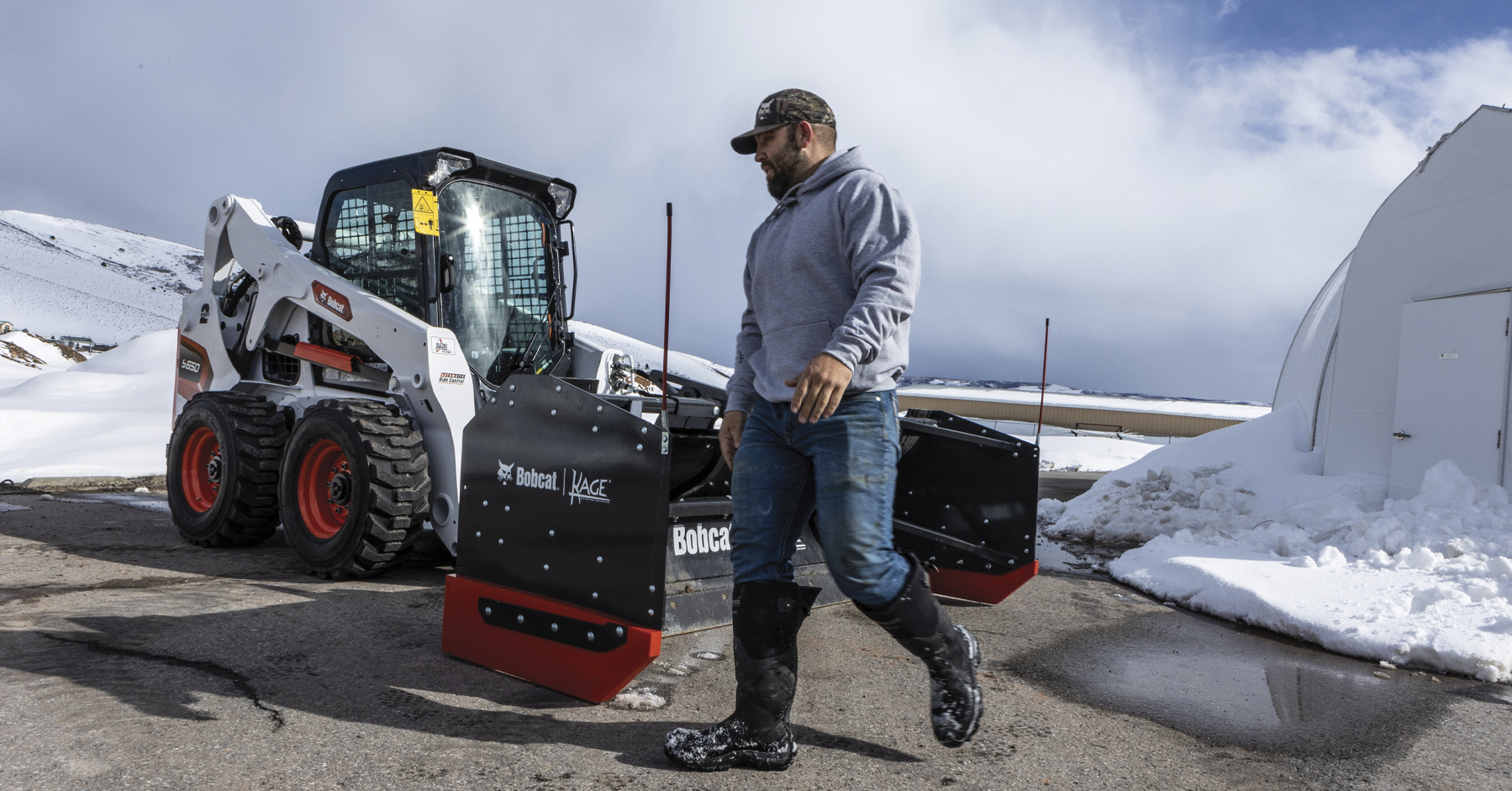How to Maintain Your Construction Equipment This Winter: A Step-By-Step Guide

While some winters may come with extremely icy mornings and frequent blankets of snow, and others may be slightly less frigid, one thing is certain: when temperatures begin to drop, your construction equipment will require special attention and maintenance.
If you or your operators fail to inspect your machines thoroughly each day and follow proper operating procedures when the temperature drops, it could lead to accidental wear and tear and even downtime.
That’s something you wanted to avoid at all costs. After all, extremely cold temperatures are not just challenging for people; they are hard on construction equipment, too.
Best Practices for Maintaining Your Construction Equipment This Winter
To keep your fleet of construction equipment performing properly this winter and avoid unforeseen problems, there are some specific maintenance practices that are especially helpful to follow.
If you make these winter maintenance practices part of your routine, it will save you money and keep your equipment running safely and efficiently. The following are some of the best steps to follow when maintaining your construction equipment this winter:
1. Pay Attention To Your Diesel Exhaust Fluid (DEF)
When temperatures drop below freezing, it is crucial to check your DEF, as it freezes at -11 degrees Celsius. Typically, when DEF freezes, if you have a telematics program in place, you will receive an automatic fault code. It is necessary to wait a set amount of time before operating the equipment so that the DEF can warm up and thaw.
Most machines are designed to run with frozen DEF for a brief, predetermined amount of time before having to take a new reading to see if it has thawed yet. Then, if the DEF is still frozen, the machine will set a code or derate the engine.
You may want to consult your operating manual or reach out to one of our dealers to learn what that predetermined amount of time is. If the DEF has yet to thaw, shut the machine off before the engine codes up or derates.
Upon restarting the machine, the clock will be reset for the ECU (electronic control unit) to check the DEF, helping you to get out of a predicament until the source of the problem can be found and dealt with.
2. Load Up The Engine To Generate Heat
If you or your operators are only running light or short cycles with your equipment in the winter, it may be necessary to do some heavy work with the machine (without excessive idle times) to heat the exhaust enough to perform a regeneration.
If outside temperatures are too low, this may not be possible with just normal operations. Otherwise, if the machine does not warm up enough to get passive regeneration, you could end up in a fault situation.
3. Use Proper Winter Oils, Greases And Fluids
The oil grade in your machines is always an important factor, but this is an especially vital matter in the winter because it becomes thick and does not circulate well when the temperature outside becomes extremely cold. This is why you should always use oil rated for lower temperatures during the winter.
Very cold temperatures can also freeze machine brakes, stopping them from releasing. So, if you are running a machine in the winter, you must change the brake fluid out with one that is Arctic or lower-temperature grade ahead of time.
Since normal grease will not push through the line in sub-zero temperatures, you should also prime your system with low-temperature grease.
4. Use Proper Winter Fuel
In addition to changing your machine’s oils, greases, and other fluids in advance of the winter months, you should also make sure you transition over to seasonally correct fuel.
The wrong kind of fuel, like No. 2 diesel, will begin to gel in the winter, causing different fault codes to appear.
You can sometimes counter this by putting additives in your normal fuel, but adding too many additives can also lead to problems. No. 1 diesel has a lower viscosity than No. 2 diesel and is less likely to gel in freezing temperatures.
It is also a good idea to fill your equipment’s fuel tanks after each shift or before storing them for extended periods in the winter so that you can prevent the development of condensation in the tank.
5. Properly Idle Your Machines Overnight
When you are operating machines in places where the temperature has dropped far below zero, it could take forever to warm them up enough just to get them started. This is why it is sometimes necessary to keep machines idling all night for days or even months at a time so you only have to worry about turning them on once.
If this is something that you intend to do, it is very important to increase the exhaust temperature so that your machines idle overnight at around 1200 RPMs because if the engine is idling at 700 or 800 RPMs, you can destroy it.
Keeping your machines idle overnight for extended periods is not ideal as long-term idle will burn fuel, add hours to your machines, and more. Therefore, this should only be done when you are operating equipment in extremely cold temperatures.
How Oaken Equipment Can Help You Maintain Your Construction Equipment This Winter
Since winter is very hard on heavy equipment (even with proper winter maintenance procedures), you may find yourself in situations where you need to replace certain parts, or you require repairs to keep your equipment performing well.
In these instances, you can rely on Oaken Equipment to help get your machines back in tip-top shape, as our team of heavy equipment experts will provide the exact support that you need.
We have extensive knowledge about all kinds of different machinery, especially Bobcat equipment. We can help fix anything from Bobcat track loaders and excavators to compact tractors and telehandlers.
Whether you bring your equipment to one of our shops or you need us to come directly to you, our trained and certified technicians can get your equipment back up and running in no time.
Our service trucks are fully loaded with both diagnostic equipment and parts, so we can minimize your downtime and get your operations back on track.
If you want to purchase new equipment to add to your fleet this winter, we also have an incredibly extensive inventory to choose from. Our team would be happy to guide you in the right direction based on your specific wants and needs.
For more information about our selection of winter-ready heavy equipment, such as Bobcat track loaders, articulating loaders, Toolcats, compact wheel loaders, and compact tractors, or to learn about our parts replacement and repair services, call Oaken Equipment at 1-888-861-1447.

Leave A Comment